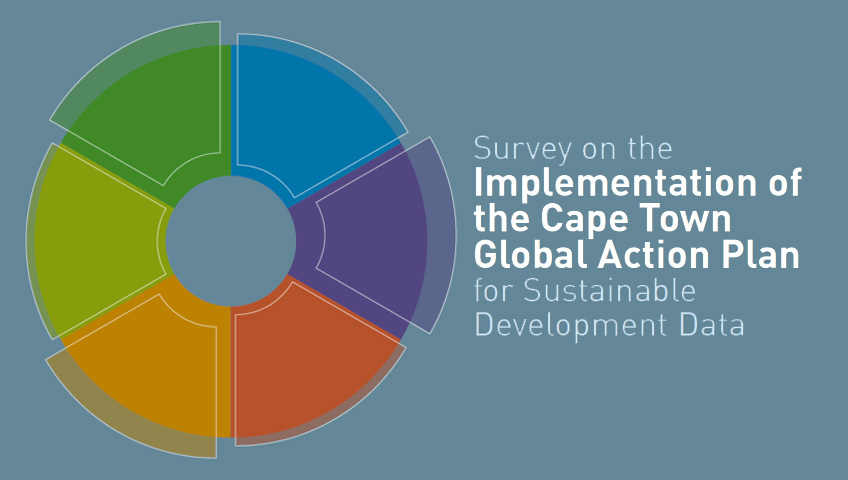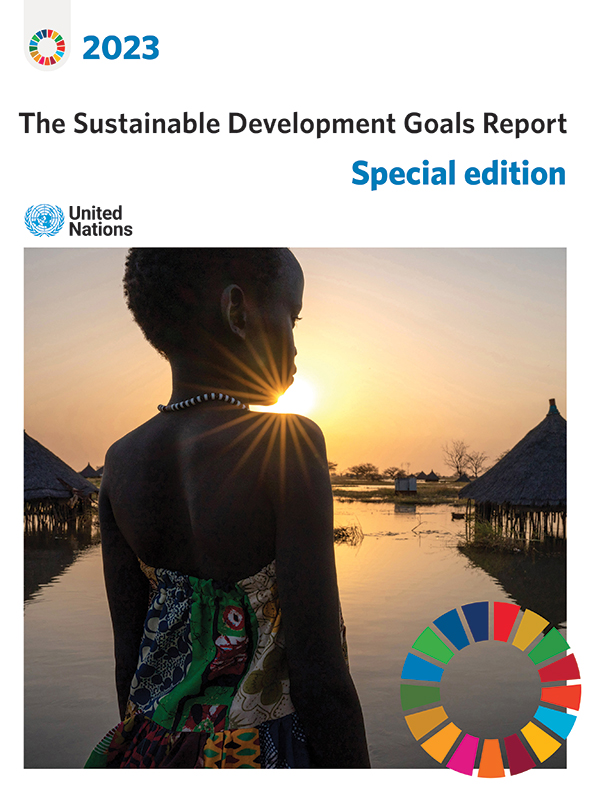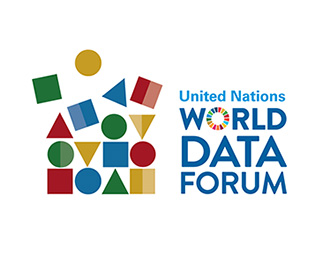Dubai Declaration
Supporting the Implementation of the Cape Town Global Action Plan for Sustainable Development Data
Dubai Declaration (PDF)
Prepared by the High-level Group for Partnership, Coordination and Capacity-Building for Statistics for the 2030 Agenda for Sustainable Development
The Dubai Declaration was announced at the UN World Data Forum 2018 in Dubai, and endorsed by the United Nations Statistical Commission at its 50th Session in March 2019. The Dubai Declaration calls for the establishment of an innovative funding mechanism open to all stakeholders, that will aim to mobilise both domestic and international funds, and to activate partnerships and funding opportunities to strengthen the capacity of national data and statistical systems. The funding mechanism will be created under the guidance of representatives of statistical systems and different data and donor communities who will support the decision making on the operational modalities and on raising resources to address the data needs for the full implementation of the 2030 Agenda.
- We, the participants gathered here in Dubai, United Arab Emirates, for the 2018 United Nations World Data Forum, from national statistical offices and other parts of the national statistical systems, other data communities, government institutions, private sector, civil society, academia, and media.
- Stressing that the full ambition of the 2030 Agenda for Sustainable Development (2030 agenda) cannot be realized without quality, timely, relevant, open and disaggregated data to ensure that no one is left behind.
- Recognising that the 2030 agenda requires that national statistical systems transform and develop to be agile and responsive to meet the increased demands of data users, including for the full implementation of the 2030 agenda.
- Recognising that the Cape Town Global Action Plan for Sustainable Development Data (CTGAP), launched at the first United Nations World Data Forum held in Cape Town, South Africa in January 2017 and adopted by the UN Statistical Commission, and welcomed by member states in the General Assembly resolution 71/313 1 , guides the implementation of programmes and activities to respond to the data needs of the 2030 Agenda.
- Stressing the need to support fundamental data collection programmes, such as the 2020 population and housing census round.
- Stressing the importance of coordination across the statistical system, including better use and integration of administrative data sources.
- Acknowledging that the data demands for the 2030 Agenda require urgent new, standards-based and interoperable solutions that leverage the power of new data sources and technologies through partnerships between national statistical authorities and the private sector, civil society, and the academia and other research institutions.
- Acknowledging that the 2030 Agenda explicitly calls for enhanced support for strengthening data collection and capacity-building in Member States and the capacity of national statistical offices and data systems to ensure access to high-quality, timely, relevant and disaggregated data.
- Further acknowledging that in the 2030 agenda Member States committed to “promote transparent and accountable scaling-up of appropriate public-private cooperation to exploit the contribution to be made by a wide range of data, including earth observation and geospatial information, while ensuring national ownership in supporting and tracking progress”. 2
- Stressing that many national statistical systems still face serious challenges and as a result, accurate and timely data about people’s lives are lacking and many people remain “invisible”.
- Recognising that ensuring and maximizing the effectiveness of financing for new and innovative forms of capacity development is essential for the success of implementation of the CTGAP, and that innovative funding strategies and coordinated country-led actions that focus on national priorities are needed to bridge the existing funding gap.
- Recognising that trust among producers and users of data and statistics is key for the effective functioning of the national, regional, and global statistical systems in full adherence with the UN Fundamental Principles of Official Statistics.
- Ensure that quality, relevant, timely, open and disaggregated data “by income, sex, age, race, ethnicity, migration status, disability and geographic location and other characteristics relevant in national contexts”3 are made available and accessible to all users.
- Work in a collaborative manner to bring all data communities together to implement the CTGAP, our common framework for the modernization and strengthening of statistical systems, and the design and implementation of country-led statistical capacity building activities necessary to achieve the 2030 agenda.
- Undertake key actions under the six strategic areas of the CTGAP and establish partnerships to leverage the power of new data sources and technologies to provide data to inform decision-making and investment, while ensuring the central role of national statistical offices as they work under a mature framework of principles and practices to assure that statistical data products meet the highest standards.
- Mobilise financing at domestic and international levels and ensure political commitment within each country for adequate allocation of domestic resources to strengthen data systems to address existing gaps in the technical and institutional capacities of national data and statistical systems to improve the coverage, frequency, and availability of quality data. Increased availability of sustainable development data, with the vital support of governments and in closer working partnerships with stakeholders from academia, civil society, the private sector, and the public at large, will enable stronger evidence-based decision making,
- The establishment of an innovative funding mechanism, open to all stakeholders under UN membership oversight, that is able to respond in a fast and efficient manner to the priorities of national data and statistical systems, with a goal to mobilise both domestic and international funds and activate partnerships and funding opportunities to strengthen the capacity of national data and statistical systems. The funding mechanism, entirely demand-driven, will be created under the mandate of the UN Statistical Commission and operate under the guidance of representatives of national statistical systems and different data and donor communities who will support the decision making on the operational modalities and on raising resources to address the data needs for the full implementation of the 2030 Agenda, and will be serviced by a Secretariat located at an international institution with global membership.
We resolve to:
We are determined to:
We call for:
Dubai, 24 October 2018
1. General Assembly resolution 71/313. Work of the UN Statistical Commission pertaining to the 2030 Agenda for Sustainable Development, A/RES/71/313 (10 July 2017), available from undocs.org/A/RES/71/313. ↩
2. General Assembly resolution 70/1. Transforming our world: the 2030 Agenda for Sustainable Development,A/RES/67/97 (21 October 2015), available from undocs.org/A/RES/70/1.↩
3. Ibid, Paragraph 76(g).↩
QUICK LINKS
- 2030 Agenda for Sustainable Development
- SDGs Database
- 2025 Comprehensive Review Process
- Survey on the Implementation of the Cape Town Global Action Plan for Sustainable Development
Data

- SG's progress report 2023
- Statistical Annex 2023
- SDGs report 2023

- Gender Snapshot 2023
- SDG Progress Chart 2023
- UN Data Commons for the SDGs
-

- Hangzhou Declaration
- Bern Data Compact
- Cape Town Global Action Plan for Sustainable Development Data
- Dubai Declaration
- Global data community's response to Covid-19
- Statistical Commission